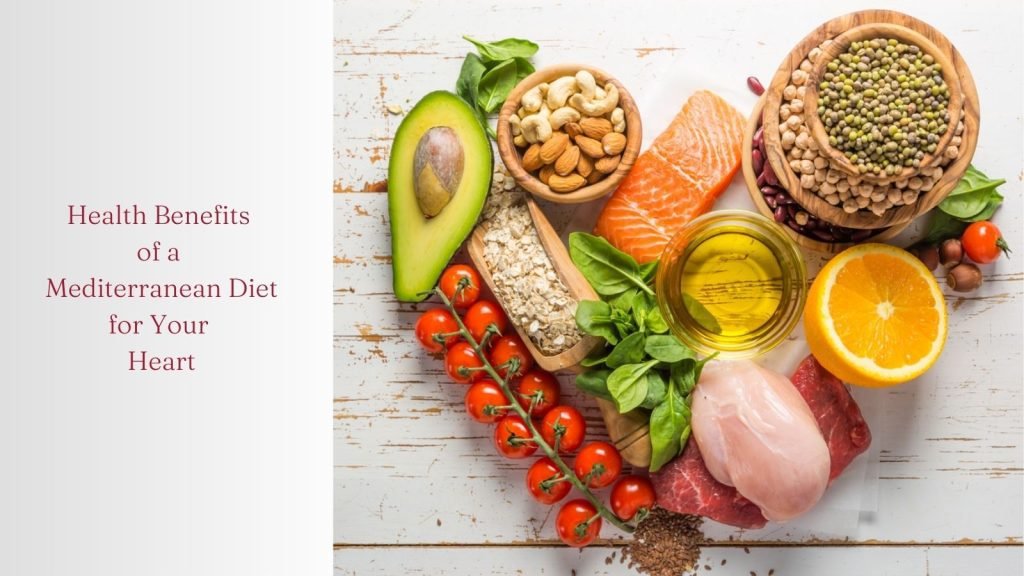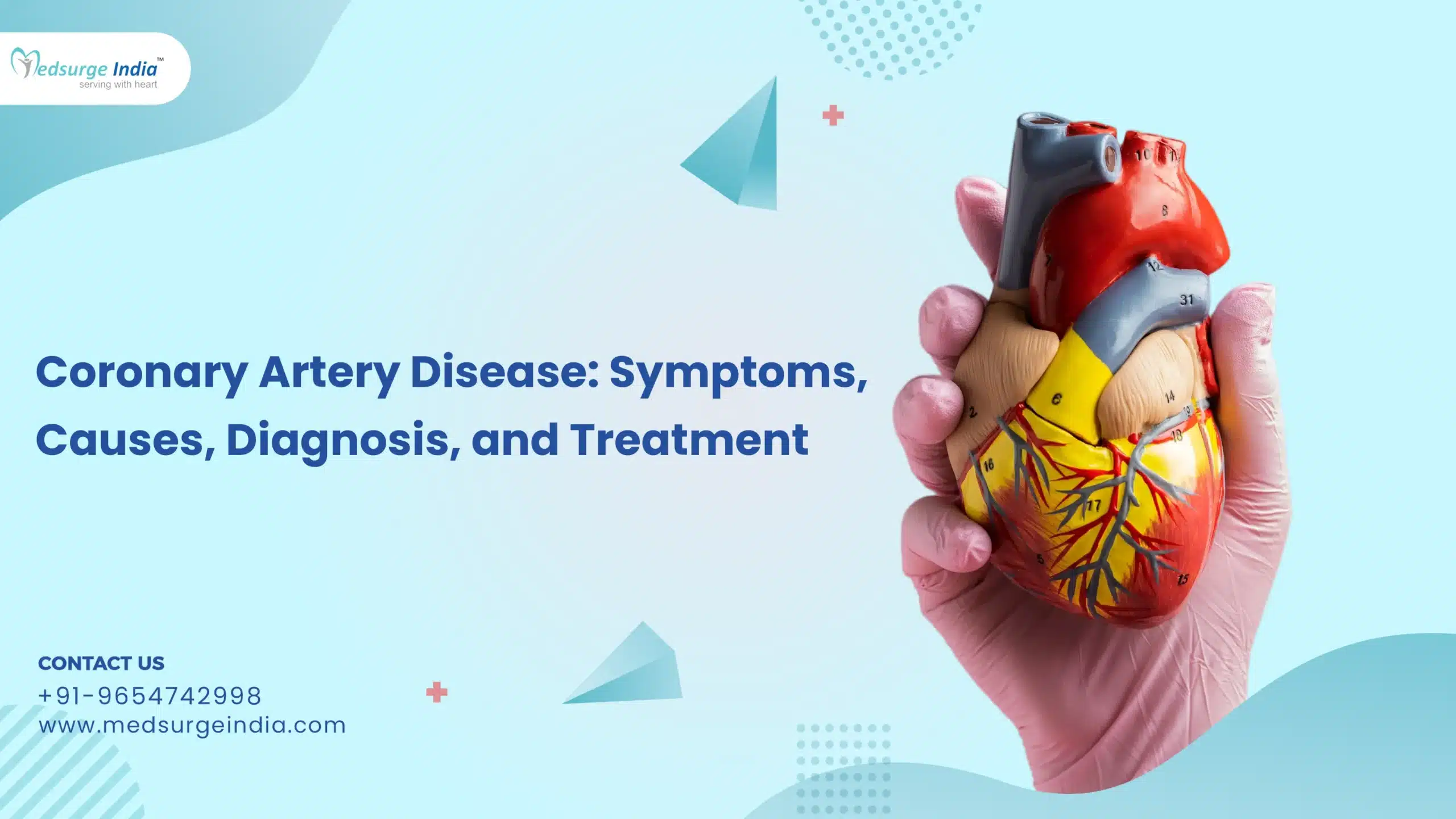
Reduced Cardiovascular Disease Risk And Death in Women With Mediterranean Diet
Mediterranean diets are delicious and nutritious because they contain fruits, vegetables, whole grains, and heart-healthy fats. Additionally, it may boost brain function, improve heart health, control blood sugar levels, and more. Even without specific directions for how to follow the Mediterranean diet, there are numerous broad suggestions you can follow to integrate the tenets of the diet into your daily routine.
Following a Mediterranean diet religiously may lower a woman’s mortality and cardiovascular disease risks. Around the world, cardiovascular disease is responsible for almost one-third of all fatalities among women. Although maintaining a healthy diet is an important component of prevention, the majority of pertinent clinical trials either included few women or did not publish the outcomes by sex, according to the researchers.
Additionally, gender is not taken into account in the recommended practices for reducing the risk of cardiovascular disease. The Mediterranean diet is low in red/processed meats, dairy, animal fat, and processed foods and high in whole grains, vegetables, fruit, legumes, nuts, and extra virgin olive oil. It is moderate in fish and shellfish and low to moderate in wine.
Replacing Unhealthy Fats With Good Fats
An essential component of the Mediterranean diet is olive oil, which provides additional fat. Olive oil’s monounsaturated fat lowers both total cholesterol and low-density lipoprotein (or “bad”) cholesterol. Monounsaturated fat is also found in nuts and seeds.
Many fatty fish, such as mackerel, herring, sardines, albacore tuna, and salmon, are high in omega-3 fatty acids. The body uses these polyunsaturated fats to fight inflammation. Additionally, omega-3 fatty acids lessen blood clotting, lipids, and the risk of stroke and heart failure.
The Health Benefits of a Mediterranean Diet for Your Heart
One of the most effective methods for preventing cardiovascular disease is a healthy diet. Particularly the Mediterranean diet is frequently linked to a decreased risk of heart disease. The antioxidant abilities of the food and its impact on the microbiota assist to lower inflammation all across the body. The diet is also abundant in polyphenols, which may enhance cholesterol levels, preserve the lining of the heart and blood vessels, and encourage anti-platelet action.
The Mediterranean diet also includes nitrates, which help to enhance blood flow by widening blood vessels. A decreased risk of cardiovascular disease is associated with the diet’s low glycemic load.
Last but not least, the Mediterranean diet is rich in fiber from plants and omega-3 fatty acids, both of which help decrease levels of bad cholesterol and stop plaque from forming in the arteries. Maintaining a healthy metabolic profile helps to maintain a low-fat, low-sugar, high-fiber diet combined with a moderate intake of healthy proteins can reduce the development of cardiovascular disease.

- Try consuming fruits, vegetables, whole grains, legumes, potatoes, nuts, seeds, fish, and extra virgin olive oil.
- Try to consume chicken, eggs, cheese, and yogurt in moderation.
- Foods like red meat, extra sugars, processed meat, refined grains, sugar-sweetened drinks, refined oils, and other highly processed foods should be consumed in moderation.
Foods To Consume
Because of geographical variances, there is some disagreement about which foods fit under the banner of the Mediterranean diet. Most studies concentrate on diets with a high proportion of nutrient-dense plant foods and a little amount of meat and other animal products. However, it’s recommended to consume fish and seafood at least twice a week.
The Mediterranean lifestyle also includes regular exercise, dining with people, and reduced stress. Fruits and vegetables can be consumed fresh, frozen, dry, canned, or dried, but it’s important to check the product labels for information on salt and sugar additions.
Ideally, your diet should include these nutrient-dense foods:
- Almonds, walnuts, macadamia nuts, cashews, sunflower seeds, pumpkin seeds, almond butter, hazelnuts, and peanut butter are a few examples of nuts and nut butter.
- Beans, peas, lentils, pulses, peanuts, and chickpeas for legumes.
- Oats, brown rice, rye, barley, whole wheat bread corn, buckwheat, and pasta are examples of whole grains.
- Seafood like salmon, sardines, trout, tuna, mackerel, prawns, oysters, clams, crab, and mussels should be consumed moderately.
- Green veggies like broccoli, kale, spinach, onions, cauliflower, carrots, Brussels sprouts, cucumbers, potatoes, sweet potatoes, and turnips should be in your diet.
- Fruits like pears, strawberries, grapes, dates, figs, melons, peaches, oranges, bananas, and strawberries should be in your diet.
- Poultry like chicken, duck, and turkey should be eaten moderately.
- Eggs: quail, chicken, and duck eggs
- Dairy: milk, yogurt, and cheese
- Spices like garlic, basil, mint, rosemary, sage, nutmeg, cinnamon, and pepper can be taken.
- Healthy fats like extra virgin olive oil, olives, avocados, and avocado oil are good for making a dressing in your salads.
Foods You Should Need To Limit And Avoid
The following processed foods and substances should be kept to a minimum while following the Mediterranean diet:
- Foods that include added sugar, but soda, candy, ice cream, table sugar, syrup, and baked goods should be avoided.
- Refined grains like tortillas, white bread, spaghetti, chips, and crackers should be consumed less.
- Margarine, fried meals, and other processed foods contain trans fats and need to be limited in your diet.
- Refined oils like grapeseed oil, canola oil, soybean oil, and canola oil should be limited in your diet.
- Meat that has been processed, such as beef jerky, hot dogs, sausages, and deli meats should be consumed less.
- Fast food, convenience dinners, microwave popcorn, and granola bars are examples of highly processed foods that need to be limited.
Helpful – 11 Foods That Can Save Your Heart
Advice on Adhering To The Mediterranean Diet
Vegetables, fruits, whole grains, nuts, seeds, and extra-virgin olive oil are the mainstays of the Mediterranean diet. Most individuals currently consume the bulk of the items that the Mediterranean diet recommends, according to Momin.
It just requires concentrating on consuming more grains, fruits, and vegetables, according to Momin. Substituting fresh produce, fish, healthy monounsaturated fats, and seafood for processed foods and saturated fats. In addition, avoid red meat and added sweets while consuming a little amount of fish each week.
Know More – Heart Bypass Surgery (CABG) Cost in India
With more individuals becoming aware of the heart-healthy advantages of the Mediterranean diet, maybe more women will be able to reduce their risk of developing heart disease through dietary changes. We can reduce the prevalence of heart disease in women by continuing programs to improve awareness of the risk of heart disease in women and by doing research like this to further our understanding of practical preventative interventions.
Helpful – Top 10 Cardiologists in India
Reference
- https://www.news-medical.net/news/20230315/Mediterranean-diet-associated-with-reduction-in-womans-risks-of-cardiovascular-disease-and-death.aspx
- https://www.bmj.com/company/newsroom/mediterranean-diet-may-cut-womens-cardiovascular-disease-and-death-risk-by-nearly-25/
- https://www.healthline.com/nutrition/mediterranean-diet-meal-plan#sample-menu
- https://www.sydney.edu.au/news-opinion/news/2023/03/15/mediterranean-diet-reduces-risk-of-heart-disease-death-in-women.html












